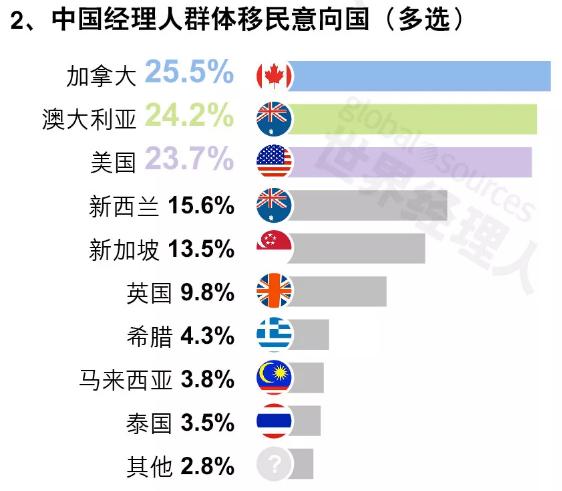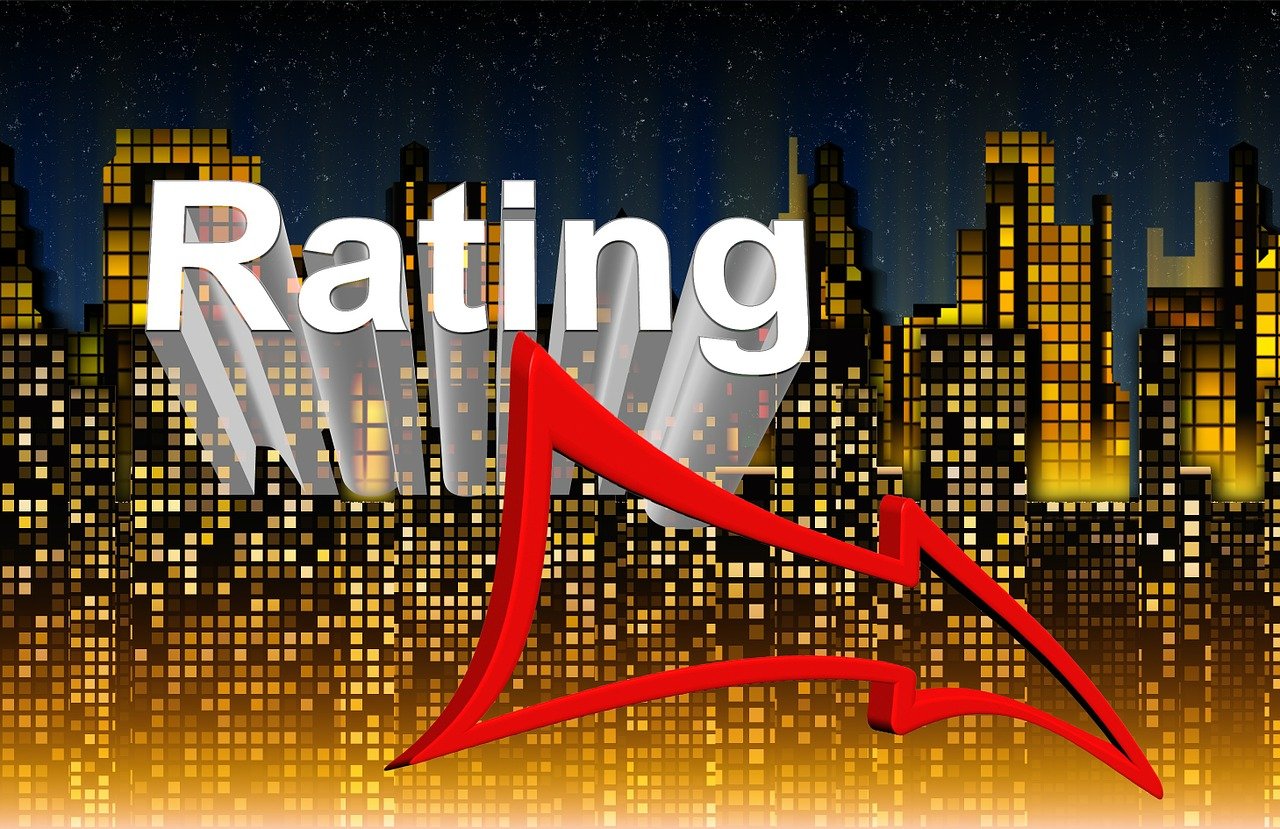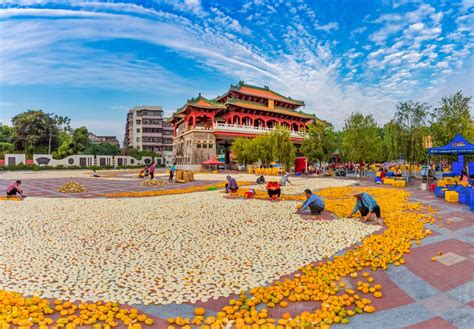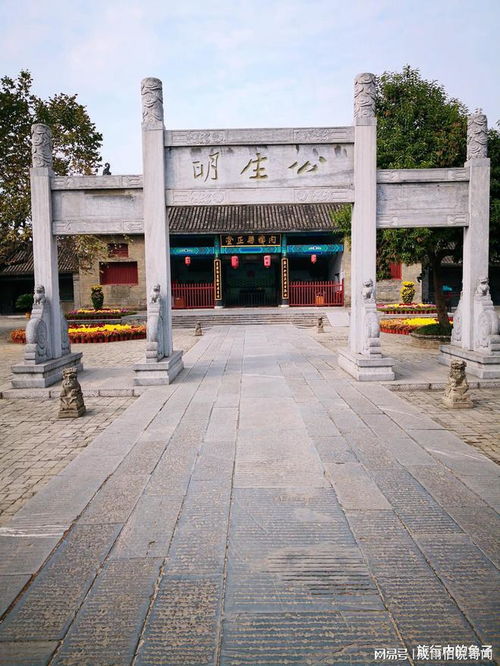移民澳洲后还是中国国籍吗
Sure, let's compare immigrating to Australia and immigrating to Singapore.
1. Immigration Requirements:
Australia:
Australia has a pointbased immigration system where applicants are assessed based on factors like age, English language proficiency, work experience, education, and other criteria. There are several visa options available, including skilled migration visas, family visas, and business visas. Each visa has its own set of requirements and eligibility criteria.
Singapore:
Singapore also has various visa options for immigrants, including employment passes, work permits, and permanent residency (PR). The PR application process in Singapore involves meeting certain criteria such as holding an employment pass or S pass for a certain period, contributing to the Singaporean economy, and demonstrating good conduct.2. Cost of Living:
Australia:
The cost of living in Australia varies depending on the city and lifestyle. Generally, cities like Sydney and Melbourne tend to have higher costs of living compared to regional areas. Housing, healthcare, and education are some of the major expenses in Australia.
Singapore:
Singapore is known for its high cost of living, particularly in terms of housing. However, healthcare and education are relatively affordable compared to countries like the United States. The government provides subsidies for certain essential services, but overall, expatriates may find Singapore to be more expensive than some other countries.3. Quality of Life:
Australia:
Australia offers a high quality of life with its diverse culture, natural beauty, and excellent healthcare and education systems. The country boasts a laidback lifestyle, abundant outdoor recreational activities, and a strong sense of community. However, the distance from other countries may be a drawback for some.
Singapore:
Singapore is known for its efficiency, safety, and cleanliness. It offers a modern and cosmopolitan lifestyle with a diverse culinary scene, vibrant nightlife, and excellent public transportation. However, the fastpaced environment and strict laws may not suit everyone's preferences.4. Job Opportunities:
Australia:
Australia has a strong economy with diverse industries such as mining, agriculture, tourism, technology, and healthcare. Skilled migrants may find ample job opportunities, especially in sectors facing skill shortages. However, competition can be fierce in certain fields, and job prospects may vary depending on the region.
Singapore:
Singapore is a global financial hub and a major player in industries such as finance, biotechnology, logistics, and information technology. The country attracts professionals from around the world, offering a wide range of job opportunities. However, job market saturation and competition from local and expatriate talent may pose challenges for some.5. Immigration Process and Timeline:
Australia:
The immigration process for Australia can be lengthy and complex, especially for skilled migration visas. It typically involves multiple stages such as skills assessment, expression of interest, invitation to apply, and visa application. The processing time can vary depending on the visa subclass and individual circumstances.
Singapore:
The PR application process in Singapore can also be competitive and timeconsuming. Applicants need to fulfill certain eligibility criteria and submit various documents to support their application. The processing time may take several months to years, and there is no guarantee of approval.
In summary, both Australia and Singapore offer attractive opportunities for immigrants, but the choice ultimately depends on individual preferences, priorities, and circumstances. Australia may appeal to those seeking a laidback lifestyle, while Singapore may be more suitable for those looking for a dynamic urban environment and career opportunities in finance and technology.











